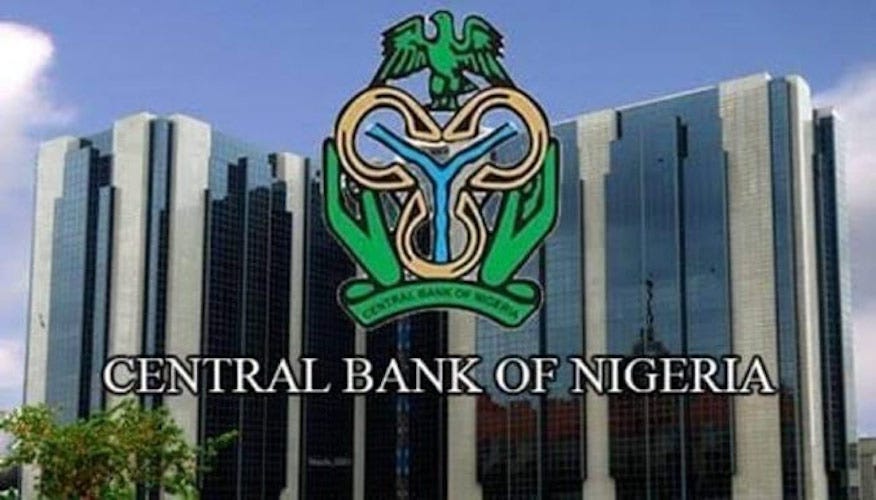Nigeria Spends $2.01bn on External Debt Service in Four Months of 2025
Nume Ekeghe
Nigeria spent a total of $2.01 billion on external debt service between January and April 2025, new data from the Central Bank of Nigeria (CBN) has shown.
The consistent fulfillment of these obligations reflects the country’s commitment to meeting its international financial responsibilities and maintaining investor confidence.
A breakdown of the CBN’s international payments data showed that external debt servicing began the year at $540.67 million in January. In February, payments moderated to $276.73 million, before increasing in March to $632.36 million, the highest so far this year. In April, the trend of robust performance was sustained, with $557.79 million paid.
This trajectory, analysts said, highlights Nigeria’s efforts to strengthen macroeconomic stability and honour its financial commitments, while also supporting monetary policy goals such as exchange rate stability and improved foreign investor sentiment.
In parallel, remittance inflows from the Nigerian diaspora continued to play an important role in foreign exchange supply, with a total of $328.76 million in direct remittances recorded in the first four months of 2025.
The year began with inflows of $54.44 million in January. February witnessed a sharp jump to $125.59 million, the highest monthly inflow so far in 2025 representing more than a 130 per cent increase over the previous month. However, this momentum slowed in March, as inflows dipped to $110.98 million. April posted a steeper drop to $37.75 million, the lowest figure year-to-date.
It is important to note that these figures reflect direct remittance inflows only typically cash transfers sent through official channels directly to beneficiaries. They do not capture the broader category of cumulative remittances, which includes investment-linked diaspora inflows and other indirect transfers.
While the figures represent direct cash transfers sent through official channels, they reflect the strategic importance of diaspora engagement in Nigeria’s economic agenda. The central bank has been working with financial institutions and money transfer operators to enhance remittance channels and offer more secure, efficient, and cost-effective options for Nigerians abroad.
The steady remittance contributions, combined with Nigeria’s fulfilment of external debt service obligations, support broader efforts to boost external reserves, strengthen balance of payments, and improve liquidity in the financial system.
ThisDay Newspapers Ltd



